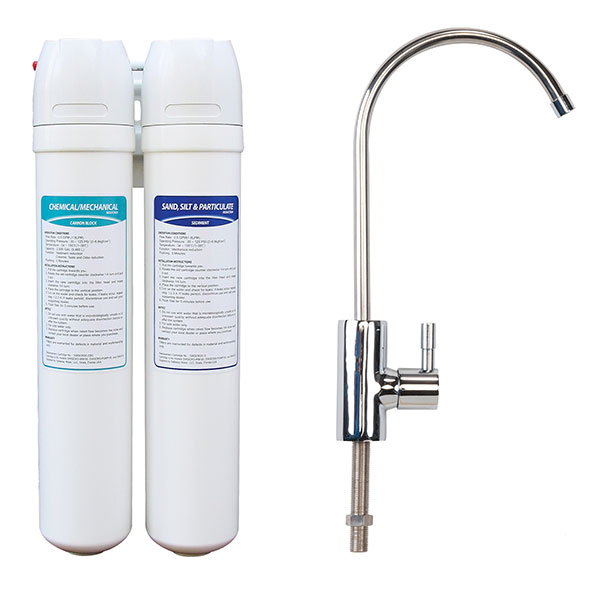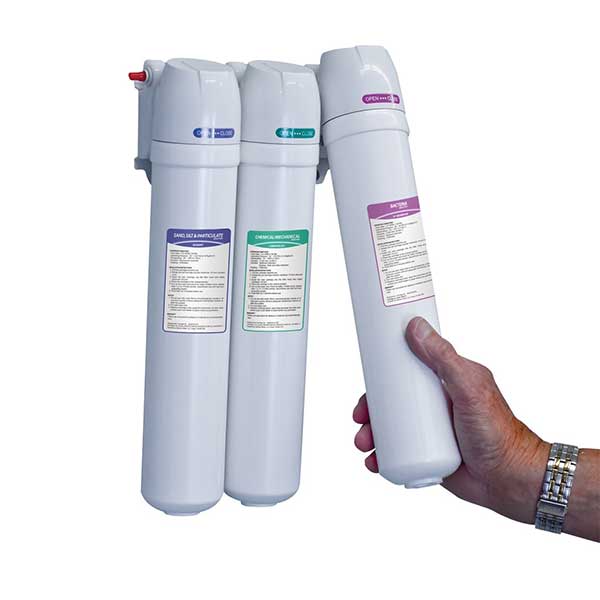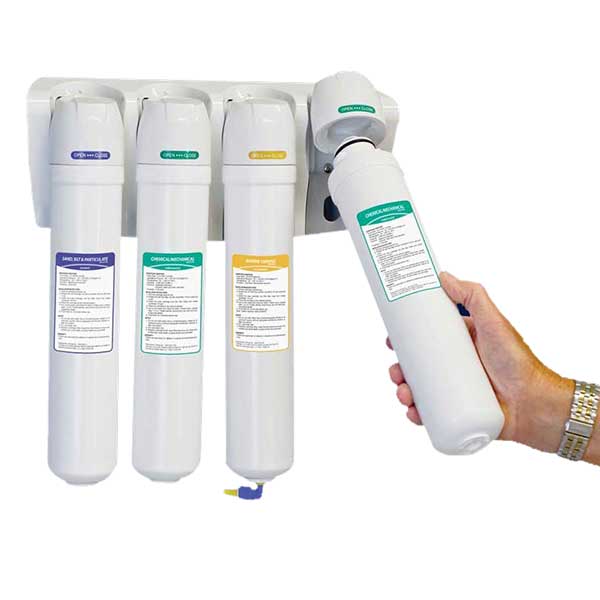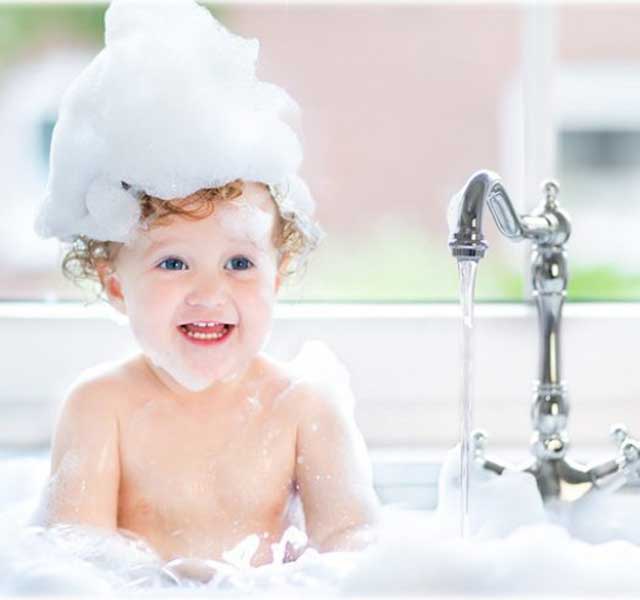What Is Polychlorinated Biphenyls (PCBs) & How To Remove Polychlorinated Biphenyls (PCBs) From Your Water
One fact that we have been able to establish so far is that your home water supply can contain certain contaminants. Even if it is treated before supply, contaminants like Polychlorinated Biphenyls (PCBs) may still be present.
Although this contaminant does not occur naturally, it is quite persistent in the environment. It is possible to remove PCBs from your water, but how to do it depends on the nature of filter used. Since PCBs are dissolved chemical, a pump and treat system that involves using ion exchange resin is more efficient.
What Are Polychlorinated Biphenyls
Polychlorinated biphenyls, which is popularly called PCBs, is an organic chemical mixture of over 200 chlorinated compounds that can be an odorless, mildly aromatic or oily solid or liquid.
PCBs are carcinogens, often considered as persistent organic pollutants (POPs) and endocrine disruptors, used in plasticizers, inks, surface coatings, adhesives, and pesticides. However, the U.S stopped its production due to their toxicity and health effects.
Where Do PCBs Come From
Polychlorinated biphenyls are known to exist for a long time in the environment, and they come from older electrical devices, contaminating air, food, and water through leaks or fire outbreak.
How do you know if your water is contaminated with PCBs? It is simple. Your local health department should provide you with information about your underground water quality; that is if you get your water from a household well. However, you can have your water by a certified laboratory if you are concerned about PCBs and other contaminants.
How Do PCBs Get Into Water?
PCBs enter drinking water or underground water by overspill from mismanaged industrial waste dump yards or incinerators. Hence, the reason why private water wells and water systems that are near industrial companies need to conduct regular water tests to check for pollutants.
Polychlorinated Biphenyls is also absorbed into the body through ingestion (eating contaminated foods or drinking PCBs contaminated water), inhalation (breathing polluted air from improper industrial waste disposal), and physical contact (touching items made with PCBs).
The maximum contaminant level (MCL) for PCBs in drinking water is 0.0005 mg/L or 500 ppb. This regulatory standard implies that anything above this limit is dangerous to the health and environment.
PCB Health Effects
We talk about the health effects of PCBs in water as a way of identifying some possible dangers that exposure to this water contaminant might have on your health. These dangers do not mean that you get sick as soon as you come in contact with polychlorinated biphenyls.
The possible health effects of PCBs in drinking water depend on certain factors, including:
- How much of the PCBs contaminant has entered your body
- How long you have been exposed to PCBs
- The sensitivity of your body to PCBs, especially if combined with other chemical contaminants
Some people who drink plenty of water contaminated with polychlorinated biphenyls above the maximum contaminant level face the risk of experiencing changes on their skin in the form of a small pale-yellow lesion. Studies have also shown that PCBs could cause short-term liver problems, as well as other health issues associated with drinking water containing PCBs like thymus gland problems, immune deficiencies, reproductive or nervous system difficulties, and even high risk of cancer, although with no noticeable symptoms.
Reducing the Risk of PCBs Exposure
According to the EPA, the maximum contaminant level goals (MCLG) for Polychlorinated Biphenyls is zero. This regulation standard was based on the best available health science for preventing potential health issues. So how can you reduce your exposure to PCBs?
It is not advisable to drink water containing PCBs level that is above 500 ppb. Using the water for other purposes like bathing, washing dishes and utensils, food preparation, laundry, etc. may pose lesser hazards, but are not 100% safe, depending on the PCBs level. Rather, source for an alternative water source that is safer. Another way of reducing the chances of exposure to PCBs is by avoiding contact with contaminated soils.
PCBs Removal from Water
If you suspect that your water has high levels of PCBs in it, do not drink that water or use it to prepare your food without first treating it. The good news is that PCBs can be removed from water effectively with PCBs water filters that use activated carbon as part of their active filtration medium.
The best water treatment solution for removing polychlorinated biphenyls from drinking water is by using the granular activated carbon (GAC). Most water filter systems employ this technique for whole house water filter system. This PCBs water treatment option can be used as a central treatment at the well or entry to the home, or as a point-of-use kitchen sink filter device.
It is also important to note that boiling the water does not remove PCBs, as there is no evidence anywhere to support it. So if you need an efficient way to get rid of water contaminants like polychlorinated biphenyls from your tap water, install a good water filter system at once.
Other methods for removing PCBs from water depend on the water supply system. For example, removing PCBs from a public drinking water system requires working with a professional to help you in determining the best treatment method for your water system. There may be several water treatment methods out there, but not all of them are effective. Also, no single approach can eliminate all the contaminants from your water. As an additional tip, avoid using pipes and plumbing that may contain PCBs. Also, be sure that a recognized testing organization certifies the treatment system you use.
We have made it our responsibility to help you better understand your water, the possible contaminant, and how you can treat it to eliminate these contaminants. Please, feel free to request our technical services any time. Whether you want to buy a water filter or need help installing one in your home, we are professionals, and we can help you.





